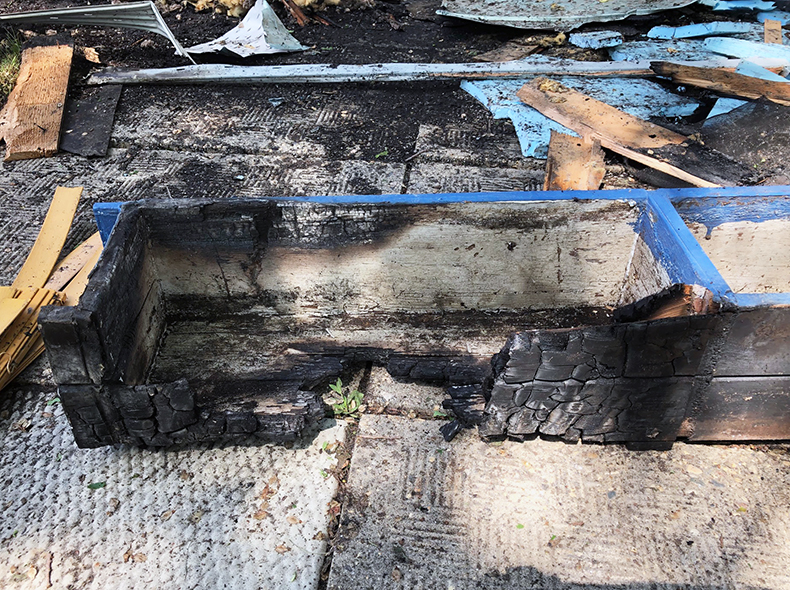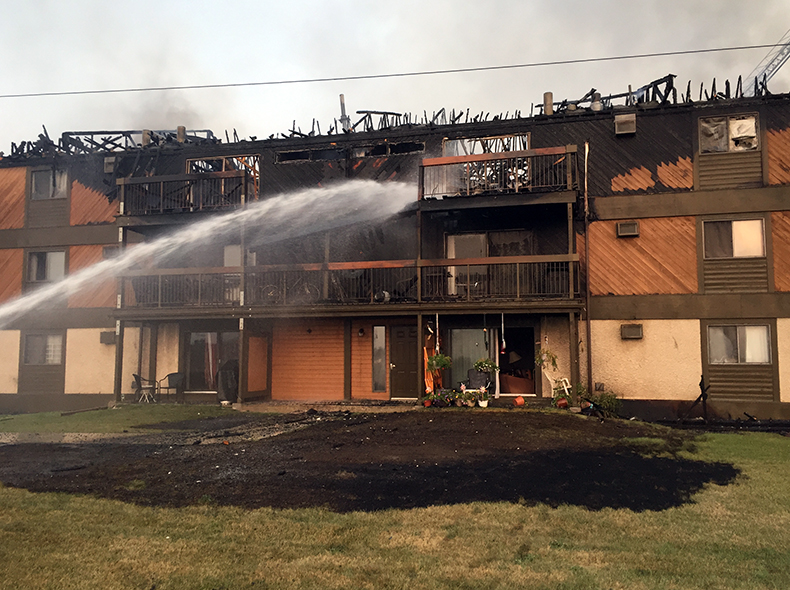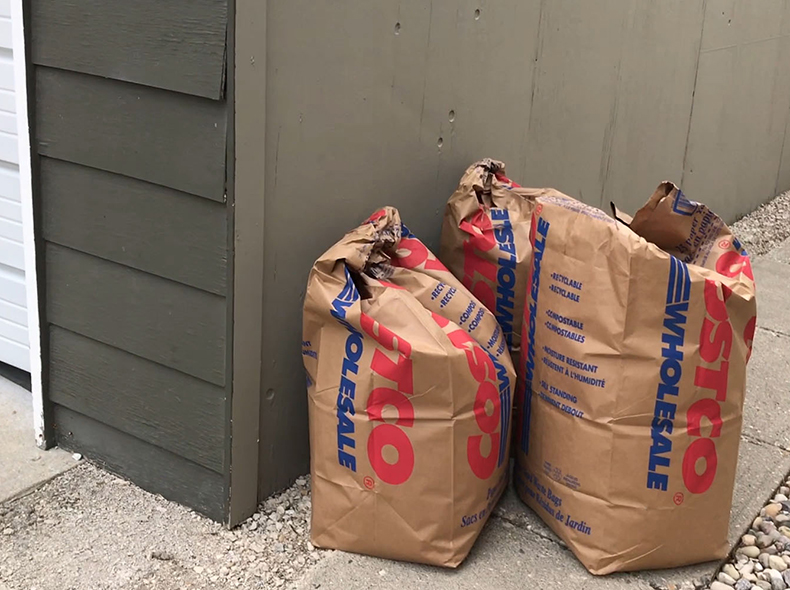Fire ban in effect for Winnipeg: Outdoor fires are prohibited, including fire pits, open fires, and the use of fireworks.
Is your butt to blame? WFPS warns of the dangers when putting cigarettes out
Easy to follow spring fire safety tips for residents
April 24, 2020

Is your butt to blame? That’s the question the Winnipeg Fire Paramedic Service (WFPS) is asking residents to consider. As the snow dries up each spring, the service sees an increase in the number of fires caused by cigarettes being butted out in planters or other inappropriate containers, in dry grass, or out of car windows.
“Every year the WFPS responds to many preventable fires caused by the improper disposal of smoking materials,” John Lane, WFPS Chief said.
He added that fires caused by the improper disposal of smokers’ materials can cause significant damage and puts lives of residents and responders at risk. Over the past few years, firefighters have battled a number of significant blazes of this type, including a large apartment complex fire on Beaverhill Boulevard in August 2018 which caused millions of dollars in damages.

”The Beaverhill Boulevard fire was incredibly dangerous for the residents and also for our responders,” said Lane.
Smoking materials should always be extinguished in an ashtray or deep and wide metal containers filled partway with sand or water.
When disposing of butts in the trash, they should always be doused with water first. Butts should never be thrown from car windows or on the ground, particularly near vegetation. Also, butts should never be extinguished in planters like the ones commonly used as décor on patios, decks, and balconies.
“Plant pots are not ashtrays,” said Lane
He goes on to explain potting soil is a mix of dirt and a number of combustible organic materials such as peat moss, shredded wood, and minerals. When you put a butt into a planter, particularly when conditions are dry, it can smolder for several hours. Once the container heats up, it can crack, giving the smoldering material oxygen and the opportunity to spread to other combustibles such as decks, balconies, walls, etc.
In addition to fires caused by improper disposal of cigarettes, the WFPS also sees an increase in the number of fires caused by arson in the spring.
“These are fires set to readily available combustible materials,” said Mark Reshaur, Assistant Chief of Fire and EMS Prevention for WFPS.
He said it is important for residents to take a few simple steps to protect themselves and their property from purposely set fires.
Residents should only put their garbage and recycling carts as well as yard waste out on their collection day. This helps to eliminate potential fire hazards.
Additional fire prevention tips include:
- Storing flammable material safely
- Keeping shrubs and trees near buildings trimmed and watered and ensure they are regularly cleared of dead plant matter
- Not extinguishing cigars or cigarettes in potted plants, as potting soil and peat moss can be combustible
- Keeping doors and windows secured – don't use double-keyed locks or bars on bedroom windows that could trap a person inside during a fire
- Using motion-activated lights to brighten the outside of your home or garage
Reshaur urged residents about the importance of having a home escape plan in the event a fire occurs on your property.
“Make sure to not only develop the plan, but to regularly review and practice it with your family,” he said.

Residents can report fire hazards, including abandoned bulky waste, by contacting 311.
“Keep garbage, yard waste, or bulky waste, such as old furniture, away from your home, garage, and fence,” Reshaur said, adding residents should contact 311 to arrange for the bulky waste to be picked up.
